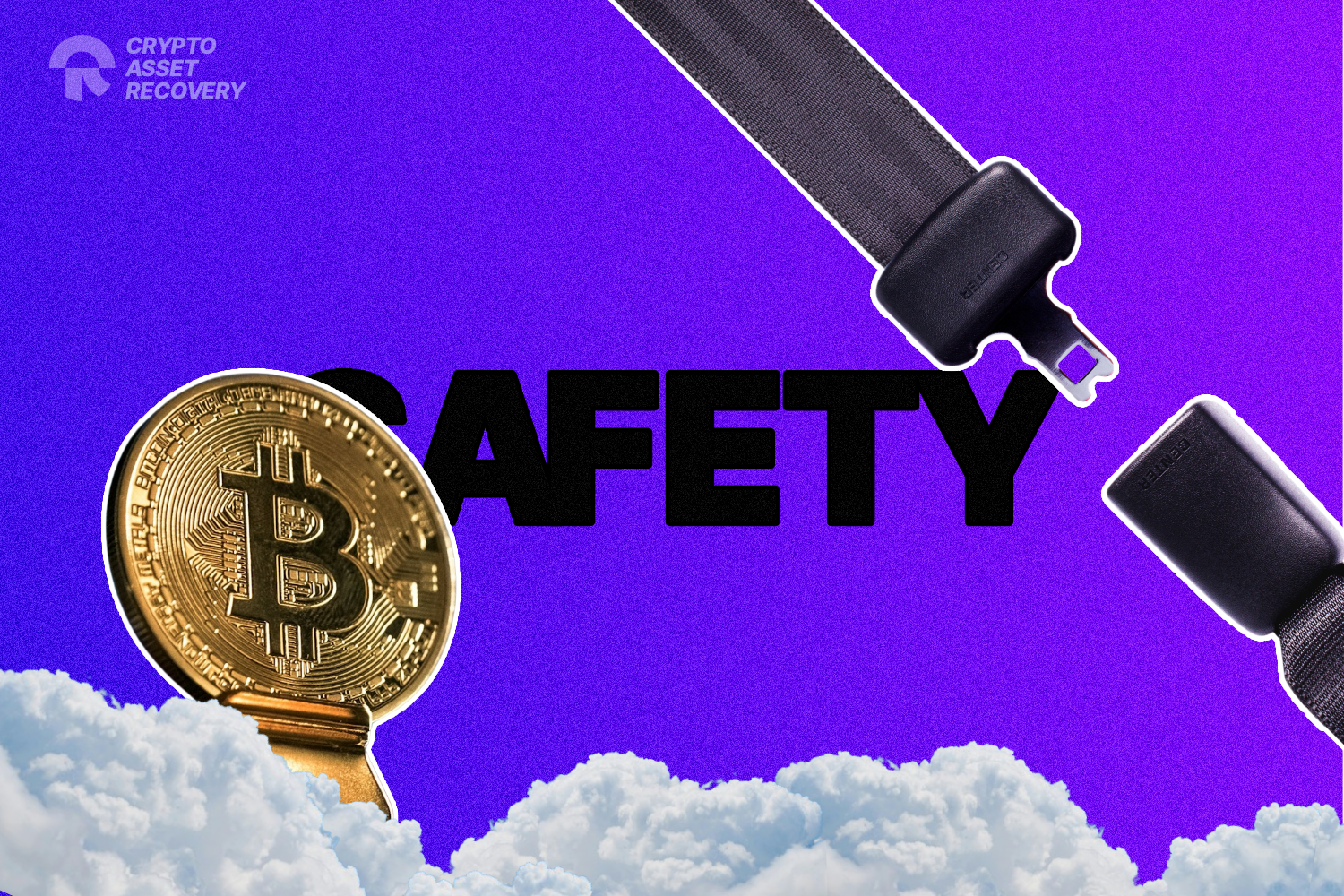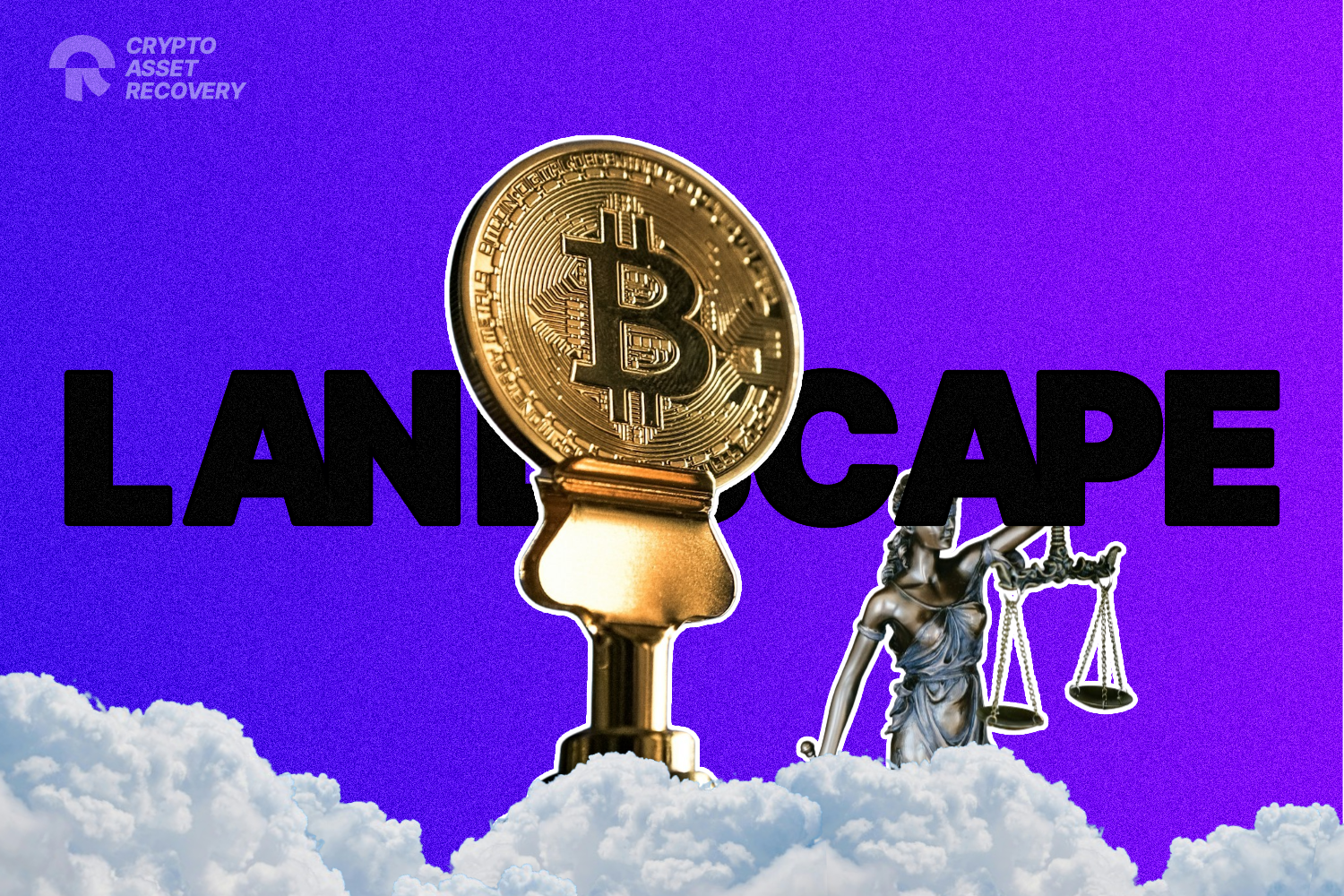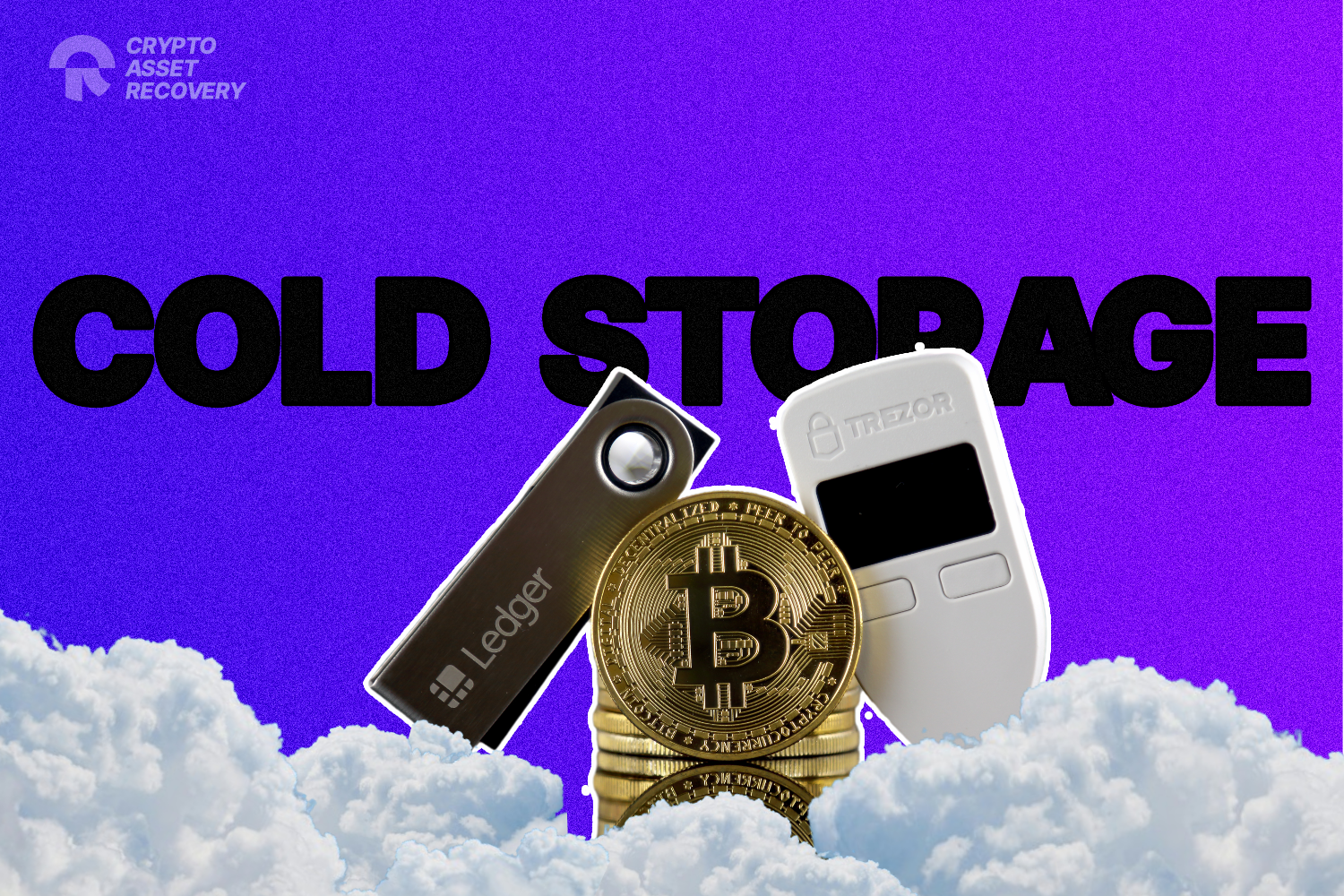
Venturing into the crypto world can be as thrilling as it is daunting. We've all heard the stories of overnight millionaires, but for every success story, there are countless tales of those who've stumbled without the right guidance. It's a digital frontier filled with potential, yet navigating it safely is key to truly capitalizing on its opportunities.
That's where we at Remedy Crypto Recovery come in. We're here to arm you with essential safety tips that every new crypto investor should know. From understanding the importance of secure wallets to recognizing the signs of scams, we'll ensure you're set up for success. Let's dive into this journey together, equipped with the knowledge to make informed, secure investments in the ever-evolving crypto landscape.

Diving into the world of cryptocurrencies, one of the first questions we encounter is, "Is crypto legal?" The short answer is, it depends on where you are in the world. Many countries have embraced the potential of crypto, implementing regulations that support its use and growth. Others remain hesitant, citing concerns over security and economic stability.
Cryptocurrencies operate on a technology called blockchain, a decentralized ledger that records transactions across multiple computers. This technology ensures transparency and security, making it nearly impossible to alter historical data or spend the same funds twice. Understanding blockchain is key to grasping how cryptocurrencies like Bitcoin and Ethereum function.
When we're ready to buy or sell cryptocurrencies, we recommend turn to crypto exchanges first. However, not all exchanges are created equal, and selecting a secure platform is crucial.
The best exchanges share common features:
These criteria help us sift through the myriad of options and select the most reliable platforms.
Let's compare some of the major players:
ExchangeOperational HistoryTransparencyUser ReviewsRegulatory ComplianceCoinbaseLongHighMostly PositiveStrongBinanceModerateModerateVariedModerateGeminiLongHighMostly PositiveStrong
Coinbase and Gemini, with their strong regulatory compliance and positive reputation, lead the pack. Binance, while offering a larger variety of cryptocurrencies, faces more varied reviews and moderate regulatory compliance.
When jumping into the crypto world, it's essential to arm ourselves with secure investment practices. These not only protect our assets but also ensure our journey is less about dodging pitfalls and more about seizing opportunities. Let's dive into the core strategies and research tactics that can serve as our shield and compass in the vast crypto universe.
We've all heard the saying, "Don't put all your eggs in one basket," and nowhere does this ring truer than in crypto investing. Diversification is key. By spreading investments across various cryptocurrencies and blockchain projects, we mitigate the risks associated with the volatility of this market. But how do we strike the right balance? Here are a few pointers:
Remember, it's not just about how many different assets we have, but also about understanding their potential growth and how they fit into our overall investment goal.
In the world of crypto, knowledge is power and our best line of defense against scams and volatile markets. Thorough research and due diligence can mean the difference between a successful investment and a costly mistake. Here's how we can sharpen our research skills:
Investing in cryptocurrencies is as much about understanding the market and technology as it is about intuition. By adopting a disciplined approach to investment strategies and research, we position ourselves to navigate the complexities of the crypto market with confidence and security. In doing so, we not only protect our investments but also open the door to potential opportunities that this dynamic and evolving space has to offer.

Cryptocurrencies are stored in digital wallets, which are broadly classified into hot and cold storage. Understanding the difference between these two can significantly impact your investment security.
Hot wallets are connected to the internet, making them convenient for frequent trades and transactions. However, this connectivity also makes them more vulnerable to hacks. Cold wallets, on the other hand, are offline storage options like hardware wallets or paper wallets. They're significantly more secure from online threats but can be less convenient for quick access to funds.
Choosing a wallet comes down to balancing convenience with security. For daily transactions, a hot wallet might be necessary. For long-term investments, we recommend a cold wallet. Always opt for wallets from reputable providers with robust security features.
Strong, unique passwords and the implementation of two-factor authentication (2FA) are non-negotiable for enhancing your security. Additionally, it's crucial to double-check at least the first six and last six characters of any crypto address before sending funds. This practice can save you from sending your assets to the wrong address.
Keeping your software updated and being vigilant about phishing attacks are key strategies to protect your investments. Use a dedicated email for your crypto activities and think twice before sharing any investment details online. These simple steps can help you avoid crypto-clipping and other forms of digital theft, ensuring your investments remain safe and secure.
In the constantly evolving world of cryptocurrency, staying informed and vigilant is not just advisable, it's essential. Let's dive into how we can protect ourselves from scams, safeguard our data, and stay on top of regulatory changes.
We've all heard horror stories of investors losing their funds to cunning scams. The golden rule here is simple: if it sounds too good to be true, it probably is. Scammers often promise guaranteed returns or use fake endorsements from celebrities. We urge everyone to double-check sources and never share private keys or sensitive information.
We've written a full guide on avoiding crypto scams that you can read here.
In the digital age, our personal information is as valuable as our investments. We might not realize it, but sharing too much online, especially information that could circumvent biometrics, opens doors for phishing. It's crucial to keep personal details under wraps and be skeptical of unsolicited requests for information.
Lastly, staying informed about regulatory changes is vital. Cryptocurrency regulations vary widely by country and are constantly evolving. By keeping abreast of these changes, we're not only protecting our investments but also ensuring we're not inadvertently breaking the law.
When diving into the world of cryptocurrency, it’s critical to stitch best practices into the very fabric of your investment routine. Just like we check the weather before stepping out or look both ways before crossing the street, there are certain checks and measures we should adopt to safeguard our digital assets. Let’s break down these cornerstone practices.
Every investor’s routine should start with a solid crypto security checklist. Think of it as your morning routine but for protecting your investments:
Adopting these habits may take a bit of effort initially, but they become second nature with time, much like locking our front doors when we leave the house.
No one enjoys hearing about security breaches, yet they're incredibly instructive. When high-profile crypto thefts occur, it’s not just the victims who need to pay attention — we all do. By understanding how these breaches happened, we can bulletproof our practices against similar threats.
For example, many breaches exploit weaknesses in hot wallet platforms or through phishing scams. What this teaches us is the importance of discriminating where and how we store our assets and being ever-vigilant about unsolicited communications.
Another lesson is the critical role of due diligence. Before joining a new platform or purchasing a new token, diving deep into its security measures, community feedback, and track record can save us a world of trouble.
By staying informed and adopting a proactive approach to security, we can significantly mitigate our risk in the crypto world. It’s about making smart choices consistently and learning from the landscape around us, adapting our strategies as the crypto world evolves.
In this journey of cryptocurrency investment, incorporating these best practices into our daily routine isn't just advisable; it's essential for safeguarding our digital assets. By doing so, we’re not just protecting our investments; we're also gaining peace of mind, enabling us to focus on the exciting opportunities that the crypto market presents.
When it comes to securing our crypto assets for the long haul, we're talking about transitioning from merely being cautious to being strategic. Implementing cold storage solutions is the equivalent of moving our cryptocurrencies into a vault.
Unlike hot wallets, which are connected to the internet and vulnerable to hacks, cold wallets remain offline, providing an added layer of security. By opting for cold storage, we're not just minimizing the risk; we're actually adding physical safety to protect our assets. It's our way of saying, "We're in this for the long run, and we're not taking any chances."
A hardware wallet that we can tuck away safely is a clear signal that we value the security of our investments as much as their potential growth.
We've walked through a comprehensive journey to arm ourselves with the essential safety tips every new crypto investor needs.
By embracing diversification and a gradual investment approach, we're setting the stage for a more secure entry into the cryptocurrency market. It's clear that the key to safeguarding our investments lies in our commitment to conducting exhaustive research, understanding the technology behind our investments, and choosing secure platforms and wallets.
Let's not forget the importance of robust security measures—strong passwords, two-factor authentication, and regular software updates are our first line of defense against potential threats.
As we venture into this dynamic and evolving landscape, let's stay informed, vigilant, and proactive in implementing best practices. Together, we can navigate the complexities of the crypto world with confidence and secure our financial future.
The key safety tips include starting with small investments, diversifying your portfolio, conducting thorough research on blockchain technology and project viability, choosing secure wallets, implementing strong passwords and two-factor authentication, and staying updated on the regulatory landscape. Diversification and understanding the technology behind investments are crucial for minimizing risks.
Diversification is vital in cryptocurrency investment as it spreads risk across different assets. Its recommended to diversify not only the assets you invest into, but the wallets and exchanges you store these assets with. This strategy can protect investors from significant losses - both from investments, and also hacks.
Understanding blockchain technology is crucial because it helps investors evaluate the viability and innovation behind crypto projects. This knowledge enables them to make informed decisions, assess project potential, and understand the risks involved. It also aids in identifying legitimate opportunities in an industry rife with scams and unreliable ventures.
Investors can enhance security by choosing secure wallets, using strong and unique passwords, enabling two-factor authentication, keeping software updated, and being cautious about phishing attempts. Implementing these measures can significantly reduce the risk of unauthorized access and protect their investments from cyber threats.
Hot wallets are connected to the internet and offer ease of access and transactions, while cold wallets are offline storage options providing higher security for crypto assets. The choice matters because cold wallets are less susceptible to online hacking attempts, making them suitable for storing large amounts of cryptocurrencies securely.
Using secure exchanges and trading platforms is essential because they reduce the risk of theft and fraud. Platforms with a proven operational history and compliance with regulatory standards provide a safer environment for transactions and asset storage. They also often offer additional security features and support that protect investors' interests.
New investors can avoid scams and phishing attempts by staying informed about common fraud tactics, thoroughly researching investment opportunities, using reputable sources of information, and being cautious with unsolicited offers. Vigilance and a healthy skepticism towards too-good-to-be-true offers are crucial in protecting investments. Read our full guide here.